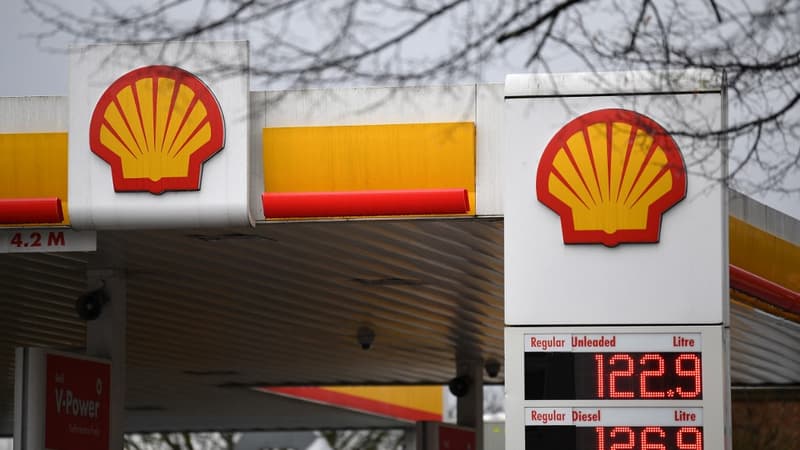Shell boss Ben van Beurden told an industry conference in London on Tuesday that governments are likely to have to tax energy companies more to protect the poorest from the energy crisis. He added that it was a principle that had to be “accepted”, but questioned how this tax increase would be carried out.
“We cannot have a market that behaves in such a way … that it causes harm to a significant part of society,” he said during a question-and-answer session at the Energy Intelligence Forum conference.
“I think we have to accept this social reality,” he insisted, although he added that “it can be done intelligently or not.”
Skyrocketing profits for energy companies
The leader was referring to taxing energy companies at a time when their profits have soared since the war in Ukraine, causing oil and gas prices to skyrocket in recent months, even though they have regressed from the peaks reached just after the start of the Russian offensive.
Ben van Beurden and Shell did not comment on the proper way to tax companies in the sector, objecting in particular to a special tax that had been decided by the predecessor of Chancellor of the Exchequer Kwasi Kwarteng and that the new Conservative government of Liz Truss did not it will expand.
Limiting the price of Russian oil, an effective measure?
The leader, who has just announced that he will leave office at the end of 2022, also expressed doubts about the idea of a price cap for Russian oil. Several countries are calling for caps on the sale price of Russian oil to undermine the windfall that allows Moscow to finance, in particular, its military intervention in Ukraine.
In September, the G7 countries had decided to put an “urgent” price cap, a complex mechanism to implement, in particular by inviting a “broad coalition” of countries to implement it.
“It will be very difficult to intervene in complex energy markets. Governments need to consult market experts on what they can and cannot do in terms of interventions,” he continued.
Source: BFM TV


